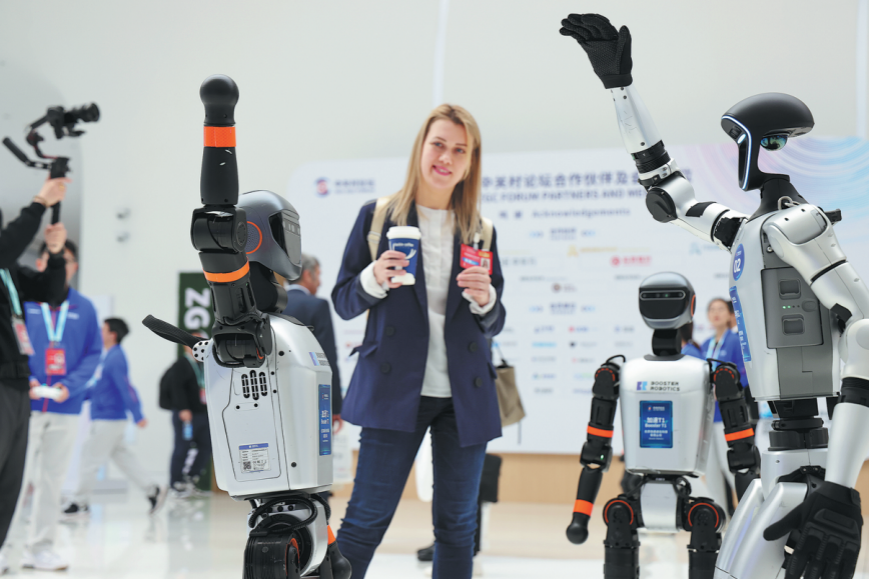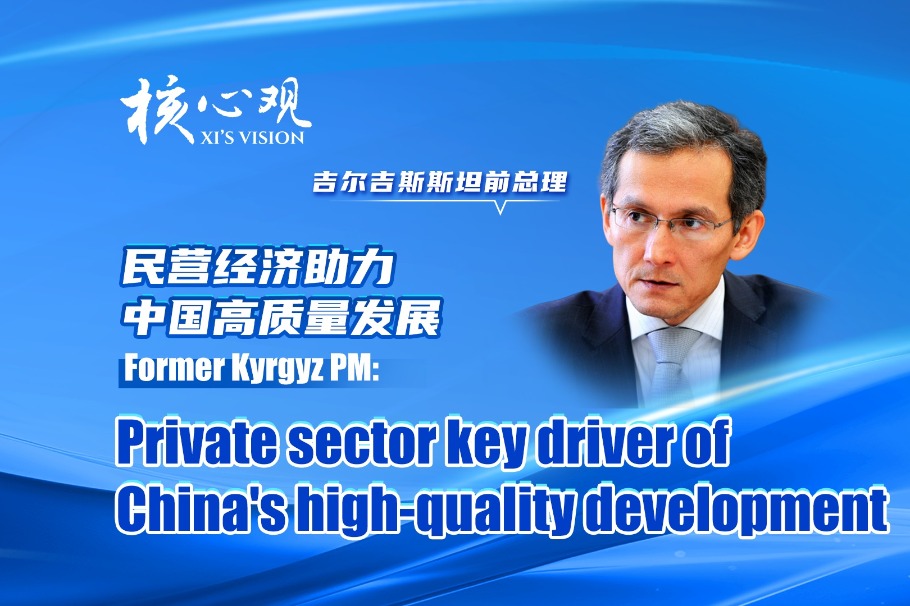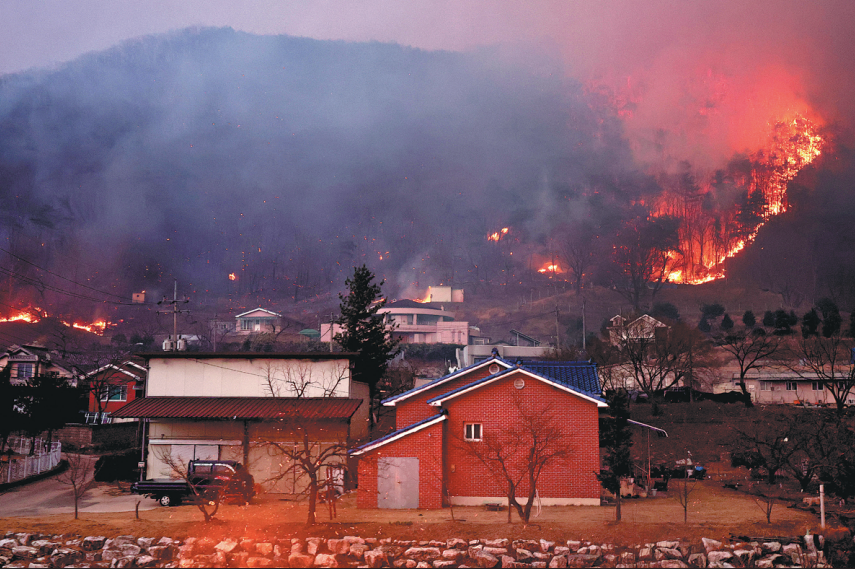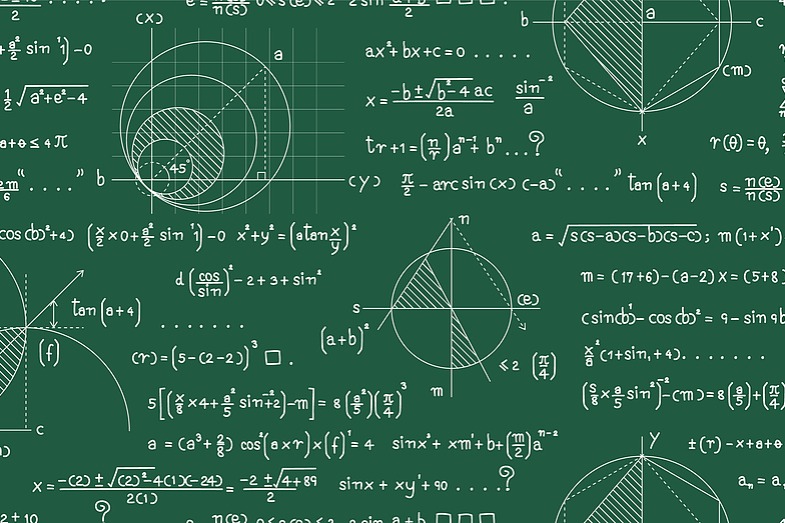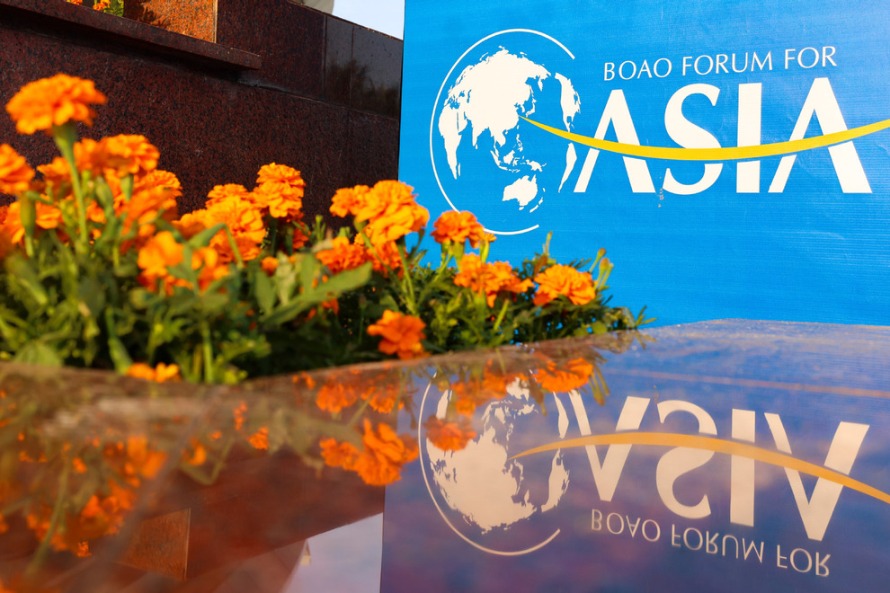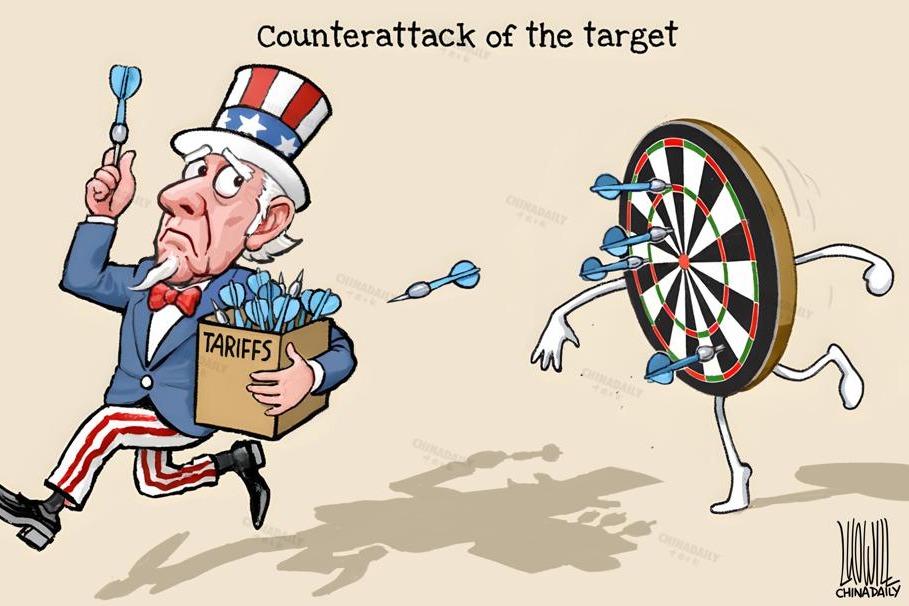Japan weighs its options as carmakers dealt a blow
By JIANG XUEQING in Tokyo and HOU JUNJIE in Beijing | China Daily | Updated: 2025-03-28 10:03
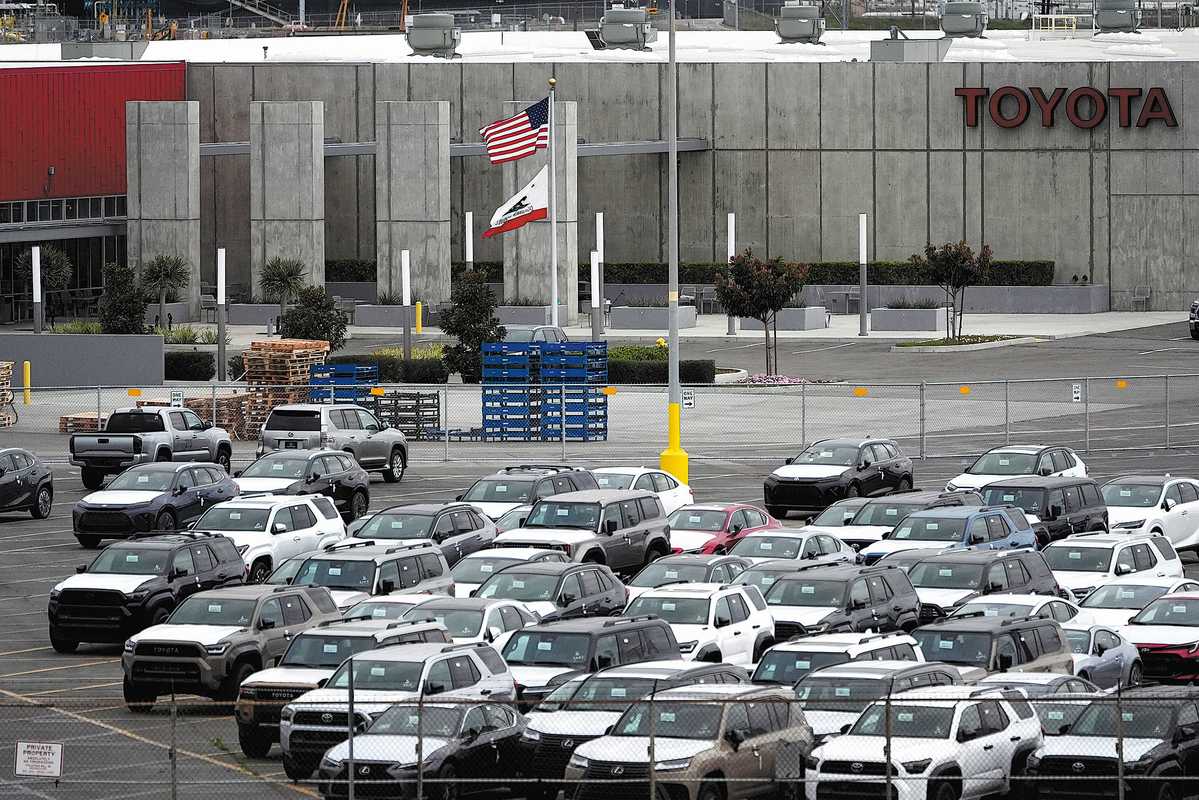
US President Donald Trump's plan to levy a 25 percent tariff on imported cars and car parts starting next week is forcing the Japanese government to balance its commitment to the US-Japan alliance with the need to protect its economy, analysts say.
The tariffs are expected to worsen the earnings of Japanese automakers and deal a blow to Japan's economy, as automobiles make up Japan's largest export to the US, they said.
Their comments came after Japanese Prime Minister Shigeru Ishiba said on Thursday that Tokyo will consider an appropriate response to Trump's announcement and that he believes all options are on the table.
Speaking at a meeting of the Committee on Budget of the House of Councillors on Thursday, Ishiba said that Japan is strongly urging the US to exempt it from the tariffs. The prime minister argued that Japan has made significant investments in the US and has created substantial employment opportunities. He questioned whether imposing the same tariff on all countries was the right approach.
Automobiles accounted for 28.3 percent of Japan's total exports to the US last year, according to figures from Japan's Ministry of Finance.
Nomura Securities analyst Anindya Das estimated the financial impact of a 25 percent tariff on imported vehicles for 10 major automakers worldwide.
If a 25 percent tariff were applied to all imported finished vehicles, the annual tariff burden on these automakers would increase by $51 billion.
Some automakers could see their annual operating profits turn negative. According to Das' analysis, companies like Mazda and General Motors — both of which rely heavily on imports from Mexico for their US sales — would face operating losses under the tariffs. Meanwhile, Toyota's operating profit would fall by 30 percent, The Nikkei reported.
A sharp increase in tariffs could lead to lower sales and profits in the US. If domestic automobile production — a key industry in Japan — declines, the overall Japanese economy could be adversely affected, according to The Asahi Shimbun.
The automotive industry is undergoing a major transformation due to electrification and digitalization. The Nikkei reported that if US and Japanese automakers are burdened with higher costs due to tariffs and see their profitability decline, then their ability to invest in innovation will be further constrained.
While Japan considers its political relationship with the US to be of utmost importance, the forthcoming tariffs are forcing the government to balance its commitment to the US-Japan alliance with the need to protect its economy. To mitigate the economic impact, Japan is increasingly turning to East Asian cooperation as a means of stabilizing its economy, said Kumiko Haba, former vice-president of the International Studies Association and distinguished professor at Josai International University.
"US allies are gradually distancing themselves from Washington in economic matters, leading to a revival of trade and exchanges with neighboring countries," said Haba.
Contact the writers at jiangxueqing@chinadaily.com.cn.






